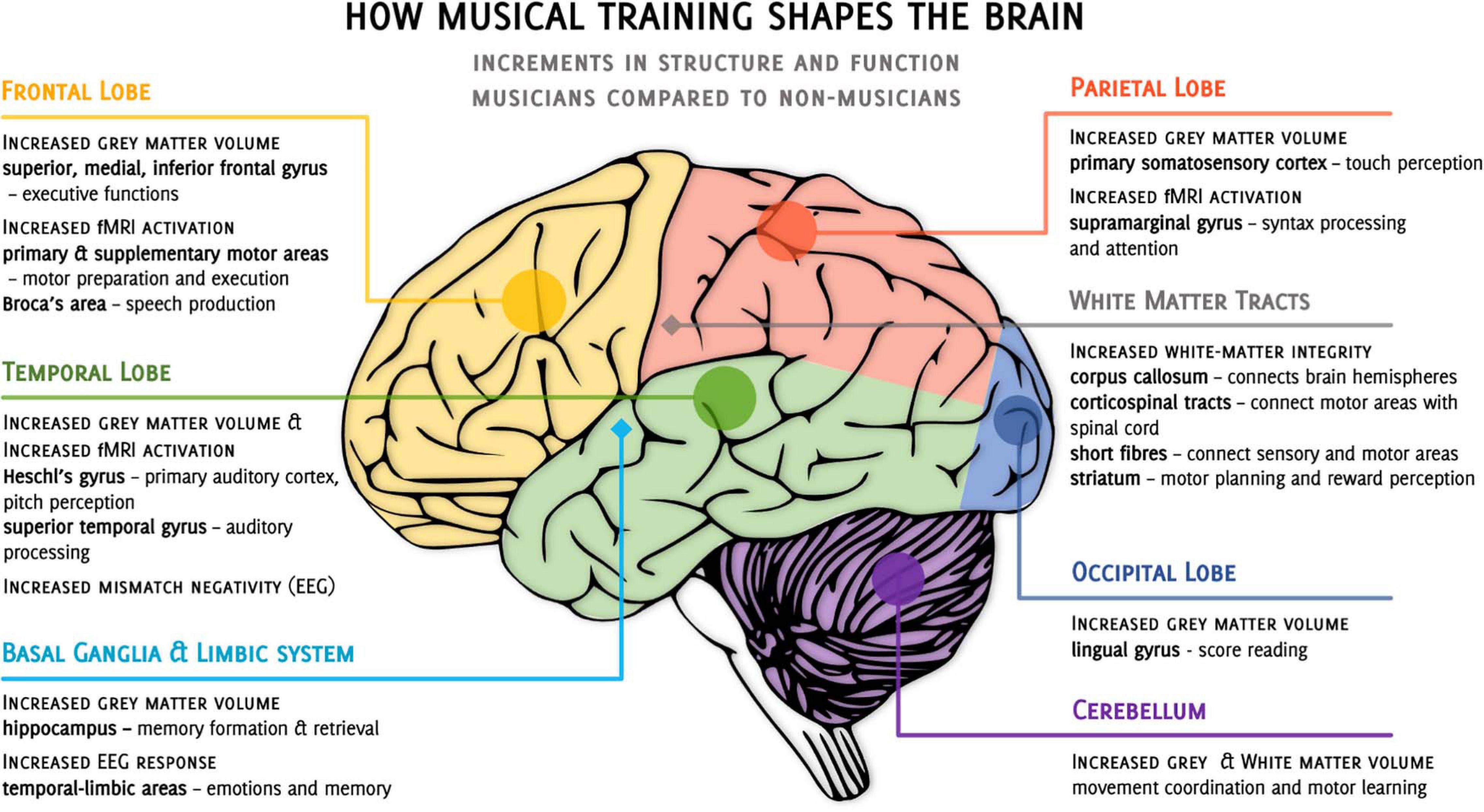Discover everything about functional regions in ap human geographydefinition, examples, and how they differ from formal and perceptual regions. Learn why functional regions matter in geography! Discover the functional region definition in geography, exploring how these areas are unified by a central activity or node, such as economic hubs or transportation networks. Functional regions are characterized by a specific function or set of functions that are performed within their boundaries. Functional regions can take many different forms, including urban, rural, tourist, and industrial regions.
So, people from rural areas move into the cities in a process often called internal migrationin order to get those good jobs. As a result, cities usually grow rapidly and. Functional regions can stimulate economic growth, improve quality of life, and promote environmental sustainability, but they also face challenges such as urban sprawl, social inequality, and environmental degradation. Functional regions are essential concepts in geography and urban planning, playing a crucial role in understanding the spatial organization and interactions within a region. These regions are defined by their economic, social, and political functions, rather than solely by their physical boundaries. A functional region is a specific area defined by its unique social, economic, or cultural characteristics and the interactions and relationships within it. These regions are not based on physical boundaries but rather on the functions and activities that take place within them. Put simply, a functional region is a defined geographical area centered around a specific focal point with a specific function. A functional region is distinguished by a centralized hub with surrounding areas and structures that relate to a common activity.
Dayforce Trader Joe's: Are You Making These 3 Critical Errors?
KP HR Connect: Is It The Employee Satisfaction Miracle You've Been Waiting For?
The JCPenney Kiosk Mystery: Uncovering The Hidden Truth.
